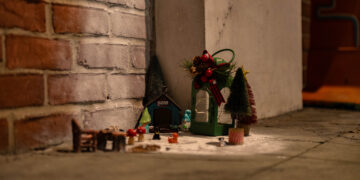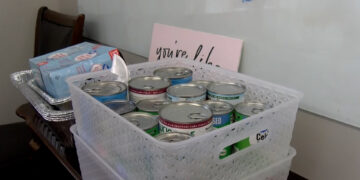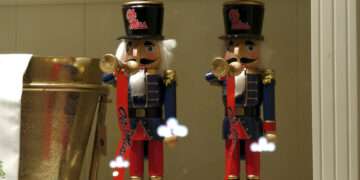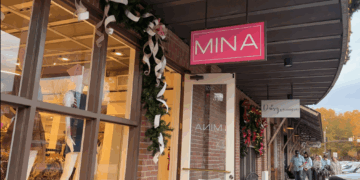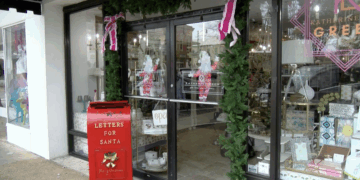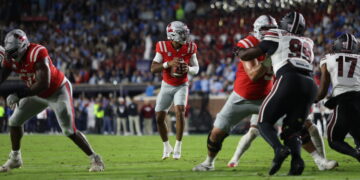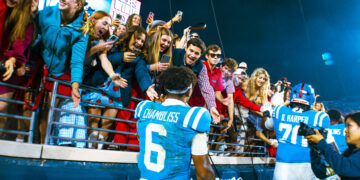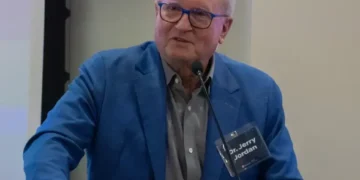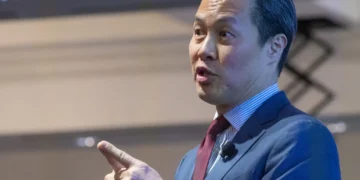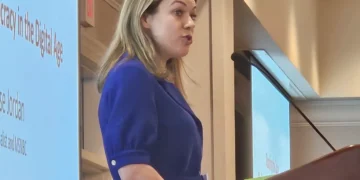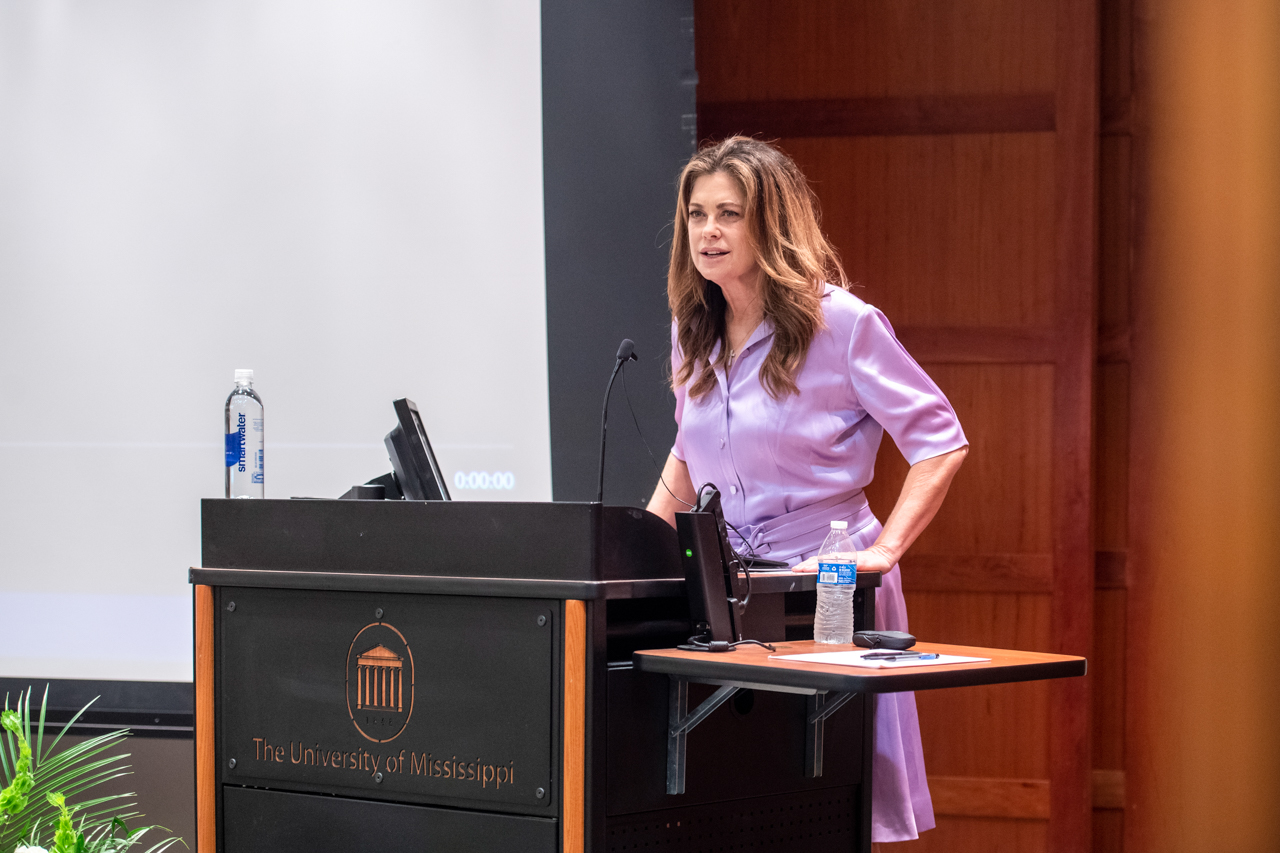
The Ole Miss Women’s Council for Philanthropy held an open-to-the-public conversation with Kathy Ireland at the university’s School of Business, on Friday, March 24.
Ireland shared her personal life experiences through her transition from being a famous supermodel in the late ‘80s and early ‘90s to being named as one of America’s most successful self-made business women in Forbes magazine.
Philanthropy is just as important to Ireland. She puts her time and efforts toward the YMCA, Feed the Children, American Cancer Society and the Elizabeth Taylor AIDS Foundation to name a few. Ireland shared her expertise in business and character-building tips with her audience.
“When I was young, people would go to college and find a job, but the world is very different today. Today people graduate from college and many, if not most, will be inventing a job or a career and oftentimes not just one, but five or six throughout their lives,” Ireland said.
Ireland encouraged the audience to use the many tools the university offers to help them once they graduate, because those tools will give them what they need to succeed in life.
Ireland currently serves on the advisory board of the James Madison Program at Princeton University.
“My formal education ended when I barely graduated from high school, and this is why I’m so passionate about education,” Ireland said.
The drive that propels Ireland through all of her endeavors started with her parents’ influence in her life as she grew up in Glendale, California.
“Success has nothing to do with any monetary amounts. It’s about how you treat people,” she said. “My mom was the ultimate entrepreneur. She was an Avon lady, she had a babysitting business, she had a house-cleaning business, and she went back to school during my teen years to become a nurse. There was nothing that she could not do.”
This influenced Ireland as her first business was selling painted rocks out of her wagon at four years old. But Ireland’s first serious job opened her eyes to how the world viewed women taking positions in male-dominated roles.
“In my community, you had to be eleven and a half to run the paper route. When I was finally old enough, my dad shoved a newspaper ad under my nose and it said, ‘Newspaper carrier wanted. Are you the boy for the job?’ So I wrote a letter to the paper and I said, ‘No, I’m not the boy for the job. I’m the girl for the job, and I can do this route just as well as any boy. I deserve a chance’,” she said.
On her first day, she rode up to a driveway to find a man waiting at the end.
His reaction has stuck with Ireland and motivated her for decades: “What are you doing here? This is a boy’s job. You’re never going to last.”
“I have to say to this day that I am grateful for that man’s words, because there was no way I was going to give him the satisfaction of quitting. I couldn’t because of what that would do to the next girl who would want such a responsibility,” Ireland said.
Ireland’s father always told her to give 110% to everything she did, “This is where I learned to underpromise and overdeliver,” Ireland said.
Modeling was never a part of Ireland’s plan, but the world was changing. Ireland figured she could make money from modeling to start a business but wasn’t successful early on.
“Had one of those ventures taken off, I wouldn’t have modeled for as long as I did,” Ireland said.
In 1993, Ireland started her brand with a single pair of socks and began building a team full of diversity in the sense of what each person could bring to the table.
Through Ireland’s many years of modeling, she said her greatest gift was all of the rejection.
“I didn’t appreciate it at the time, but when people said no and laughed in our faces it didn’t bother me. ‘No’ just means come back at another time. Seek to learn,” Ireland said.

